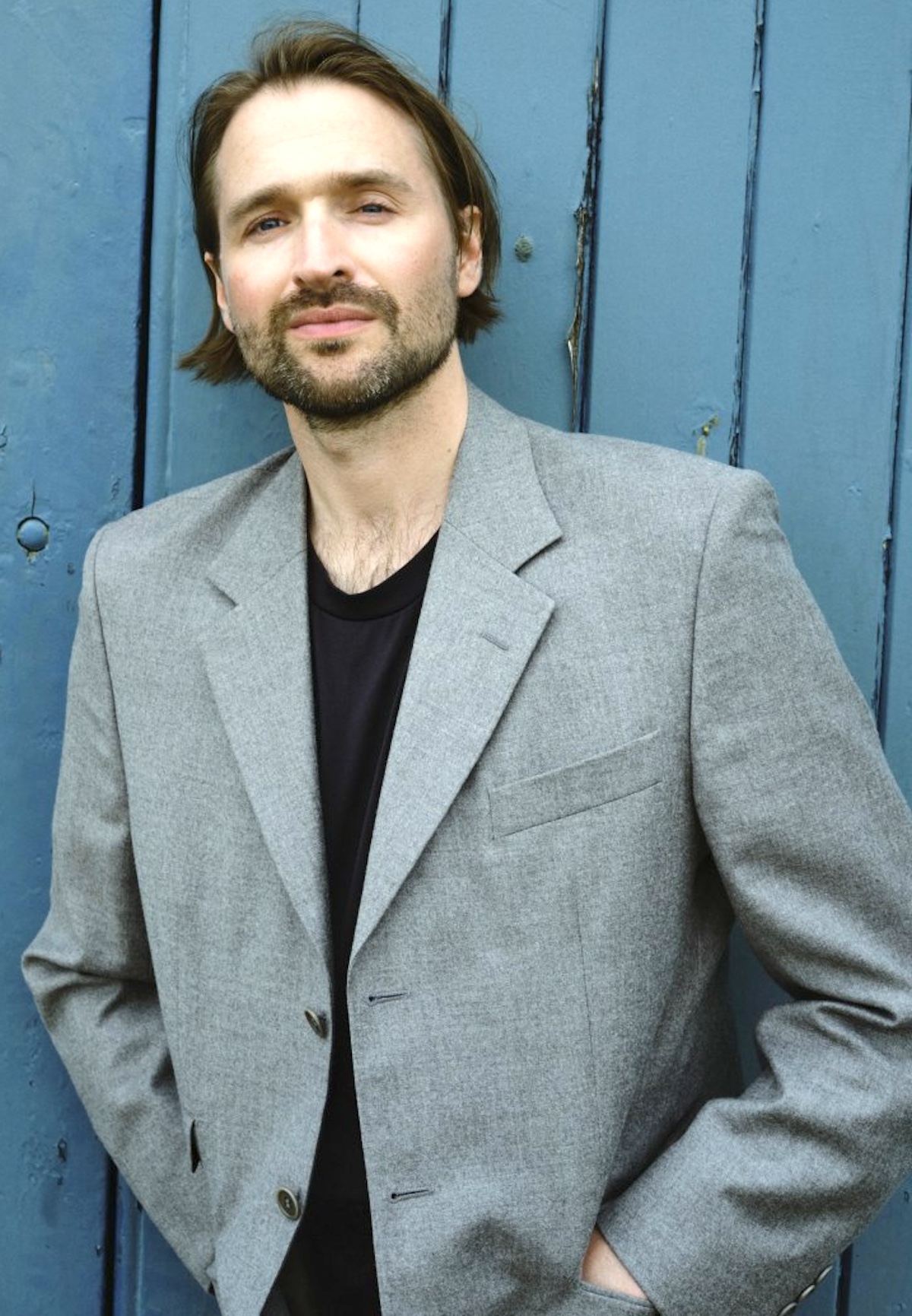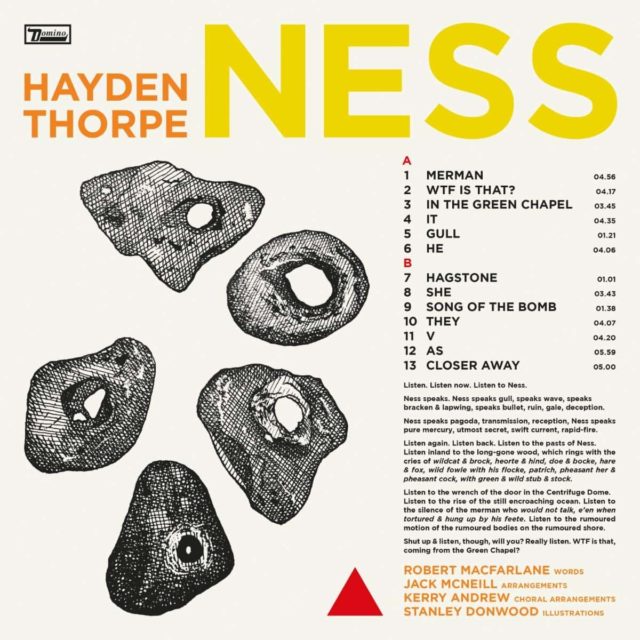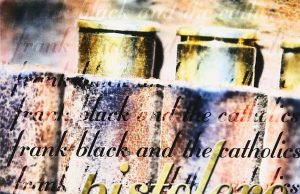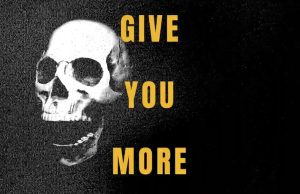THE EDITED PRESS RELEASE: “Using a process of redaction, Hayden Thorpe’s Ness brings songs to life from the pages of best-selling author Robert Macfarlane’s book of the same name. Ness is inspired by Suffolk’s Orford Ness, the former Ministry of Defence weapons development site during both world wars and the Cold War. Acquired by the National Trust in 1993 and left to re-wild, it to this day remains a place of paradox, mystery and constant evolution. Thorpe’s Ness is an ode to a physical place and the book it inspired, both featuring the words of Macfarlane and the artwork of Stanley Donwood.
Thorpe first encountered Macfarlane’s work via a copy of his 2012 book Landmarks, which then led him to Ness, Macfarlane’s 2018 collaboration with Donwood. “He writes about non-human forms in a way that captures an essence that, as humans, we can understand,” Thorpe enthuses. After the pair met and then collaborated at the Kendal Mountain Literature Festival, the idea developed that Thorpe make an album from Macfarlane’s prose. His copy of the book is now covered in black ink, covering words, lines and sentences, to “reveal the song underneath.”
Whilst the production was a new challenge for Thorpe, he credits his community and collaborators for their support in bringing Ness together. The orchestral parts are played by Propellor Ensemble, whilst Jack McNeill, their band leader arranged all the parts and played clarinet across the record. Kerry Andrew composed and sang all of the choral arrangements and performed some spoken word.

From the sensual, libidinal and free She to the uncanny requiem of Merman, the contrasts of the Ness landscape are heard in the music, from folk to experimental orchestra to elegant pop. Elements of the landscape found themselves on the record too, such as seeds placed on the bass drum during recording, or thistles rubbed together for the sound of shakers or whirring.
Talking about working with Macfarlane, Hayden said: “I feel like I’m getting to work with Dylan Thomas or James Joyce, whose sing-song prose is only ever a melody away from music. Rob is an extremely generous collaborator, which likely explains the impressive cannon of music he has been involved in. After hearing the sketches, he empowered me with free rein over the words.”
Macfarlane comments: “My philosophy on collaboration is always find the people who are making extraordinary work, and then just trust them. Hayden had a beautiful phrase that really sang with me that he heard the language and the place as a kind of desert music. I was absolutely knocked over by his way of being in the world; that deep calmness, quiet grace that is very sensitive, compassionate, kind, thoughtful.”
Thorpe remarked on Ness in our current landscape: “It might be easy to think of this album as a less personal one, but my personhood was carried in Ness and in turn, Ness in me. The same life force that so possessed Robert Macfarlane to write the book carried forward like an electrical current. Ness is uniquely qualified to teach us of what has been and what can be. It is the place where weapons developers learnt how to train the sun’s energy onto those we disagree with. Today, amid new horrors and hostilities, Ness stands as a poignant reminder of those end-of-days-ways and the restorative powers of the natural world.”








































